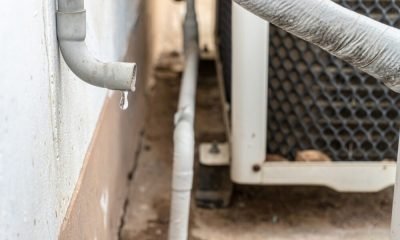
How to clean AC drain line is one of the most important maintenance tasks to keep your cooling system running...

How to clean AC drain line is one of the most important maintenance tasks to keep your cooling system running...
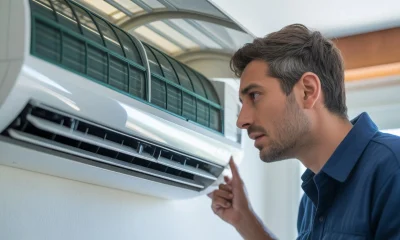
If you ask why does my ac smell musty it usually means moisture and organic matter are building up inside...
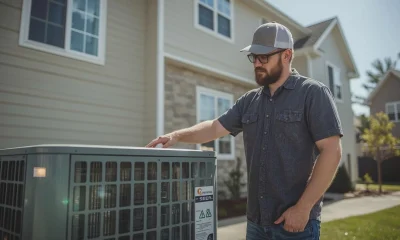
When it comes to buying an air conditioner, one of the most important things to consider is the SEER rating....
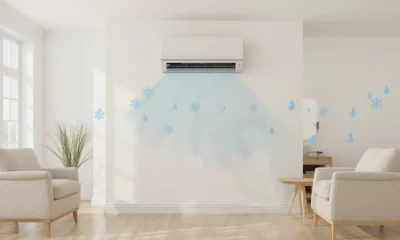
Air conditioning is more than simply a cooling system (although that’s the most common thing that people think of when...
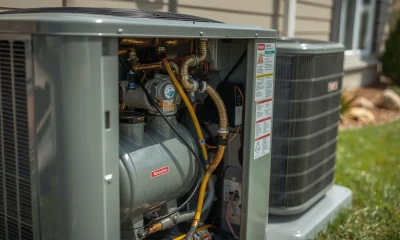
When it comes to air conditioning, most people are familiar with the cool air that flows from their vents, but...
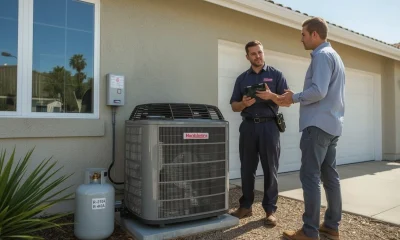
When we talk about whether an air conditioner uses gas, the confusion often lies in the word “gas” itself. Many...
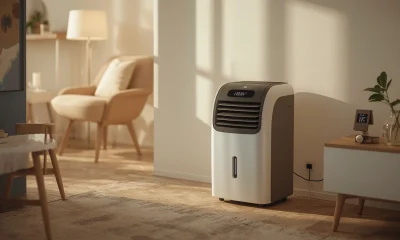
How Many Watts Do They Use? If you’re considering cooling your space efficiently, understanding portable AC unit watts is essential....
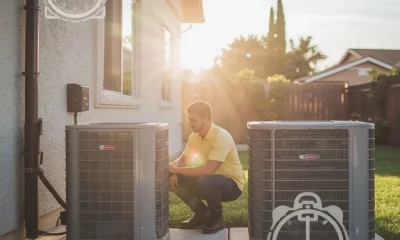
How long do AC units last? This is a common question for homeowners looking to plan for future replacements or...
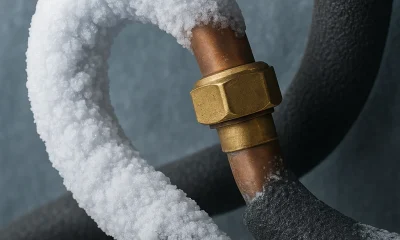
When your AC line freezes up, it can be very scary. After something like this, you might not know why...
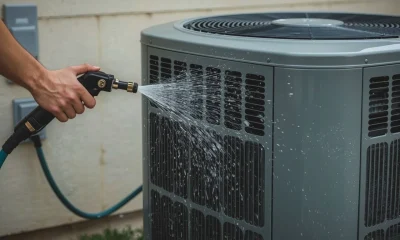
Taking care of your air conditioner is important if you want it to keep working well and last as long...
We Proudly Serving Temecula, Murrieta and Surrounding Areas
EXCELLENTTrustindex verifies that the original source of the review is Google. professional, Responsive extremely thorough With repairPosted onTrustindex verifies that the original source of the review is Google. Thanks Great Job I have heat to keep my Family warm will call them for any Job I need Thanks again👍🏼Posted onTrustindex verifies that the original source of the review is Google. Always great honest reliable service. I would definitely recommend!!Posted onTrustindex verifies that the original source of the review is Google. Emilano's service call yesterday was one of the most impressive examples of professionalism and exceptional customer service I have ever experienced. Emiliano's ability to identify and solve several technical and mechanical failures with our A/C and heating system demonstrated his knowledge and expertise in his craft. Moreover, as he uncovered additional problems with our system which required additional time to correct, he did not use that to increase the charges and maintained the original price quoted. This is a great testimony to his honesty and that of Hutchinson Heating and Air. Finally, I also commend Emiliano for keeping us informed about the problems he found during his extended workday. Outstanding Customer Service!!
We are very proud to be serving our local area for over 21 years!
Useful Links
Contact Information
Business Hours